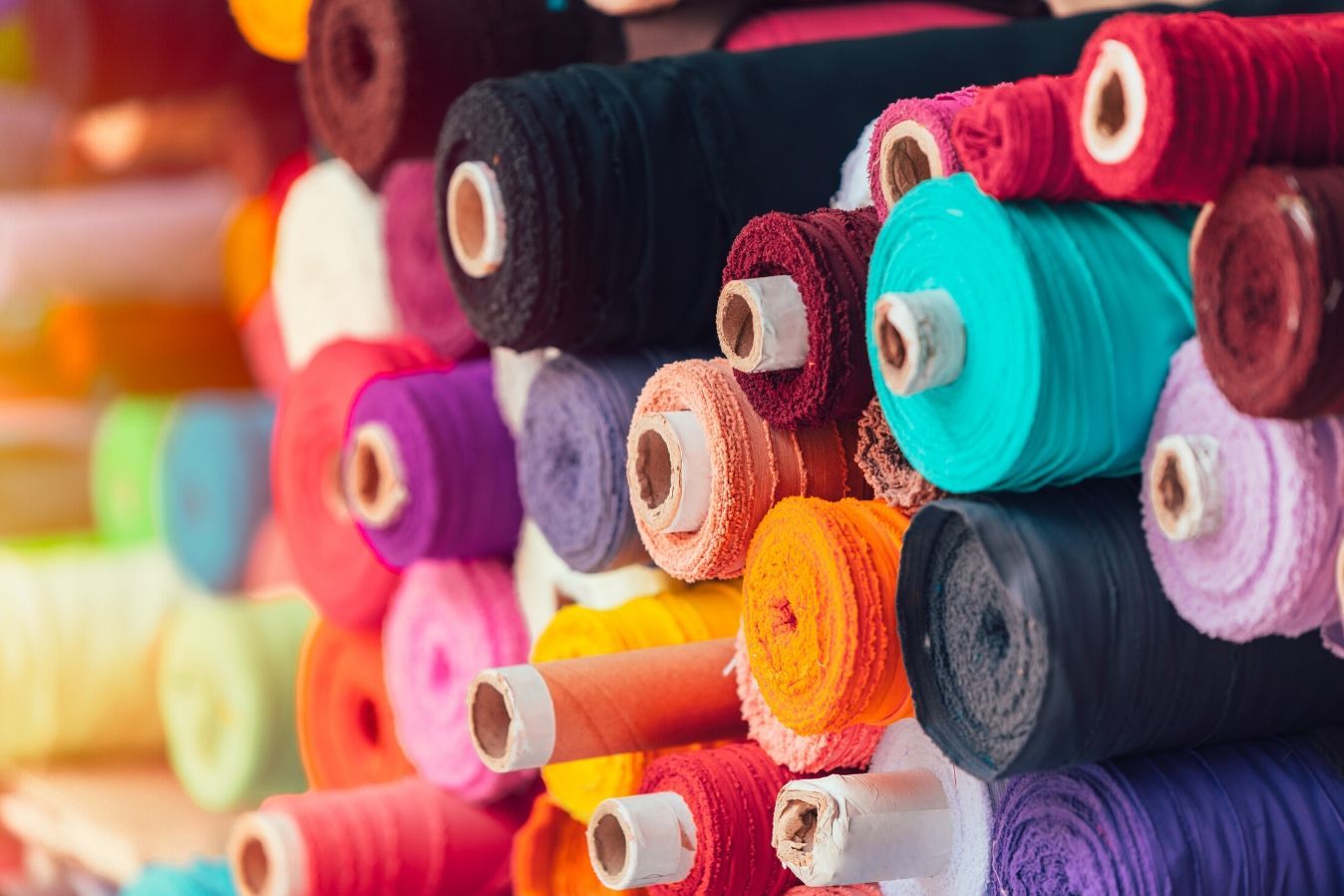Cotton, a natural fiber derived from the cotton plant, stands out as one of the most common and versatile types of fabric in the textile industry. Its widespread use, comfort, and durability make it a favorite choice for clothing, home textiles, and various other applications. In this blog post, we will delve into the characteristics, benefits, and diverse uses of cotton fabric, shedding light on why it remains a timeless classic in the world of textiles.
Characteristics of Cotton Fabric:
Cotton fabric is renowned for its softness, breathability, and hypoallergenic properties, making it suitable for all skin types, including sensitive skin. Its moisture-wicking abilities help keep the body cool and dry, making it ideal for warm climates. Additionally, cotton is a durable fabric that becomes softer with each wash, ensuring longevity and comfort.
Benefits of Cotton Fabric:
One of the key benefits of cotton fabric is its versatility. It can be woven into various textures and weights, ranging from lightweight voile and poplin to heavier denim and canvas. This versatility allows cotton to be used in a wide range of products, including t-shirts, jeans, bed linens, towels, and even medical supplies.
Moreover, cotton is a sustainable and eco-friendly choice. As a natural fiber, it is biodegradable and renewable, making it an environmentally conscious option compared to synthetic fabrics. Cotton cultivation also supports millions of farmers worldwide, contributing to the livelihoods of many communities.
Diverse Uses of Cotton Fabric:
The uses of cotton fabric are virtually endless, spanning across fashion, home decor, and industrial applications. In the fashion industry, cotton is a staple material for everyday clothing items such as shirts, dresses, and pants. Its ability to take on dyes and prints makes it a favorite for creating vibrant and stylish garments.
In home textiles, cotton is widely used for bedding, towels, curtains, and upholstery due to its comfort and breathability. Its natural properties make it an excellent choice for items that come in direct contact with the skin, promoting a restful and comfortable environment.
Furthermore, cotton fabric is also utilized in various industrial sectors, including healthcare, agriculture, and automotive industries. Its absorbency and strength make it suitable for medical supplies like bandages and gauze, while its durability and versatility find applications in protective clothing and technical textiles.
Conclusion:
In conclusion, cotton fabric stands out as a timeless and versatile material that continues to be a favorite choice for consumers and industries worldwide. Its natural properties, sustainability, and diverse applications make it a valuable asset in the textile industry. Whether in fashion, home decor, or industrial settings, cotton fabric remains a classic option that combines comfort, durability, and style in one.

